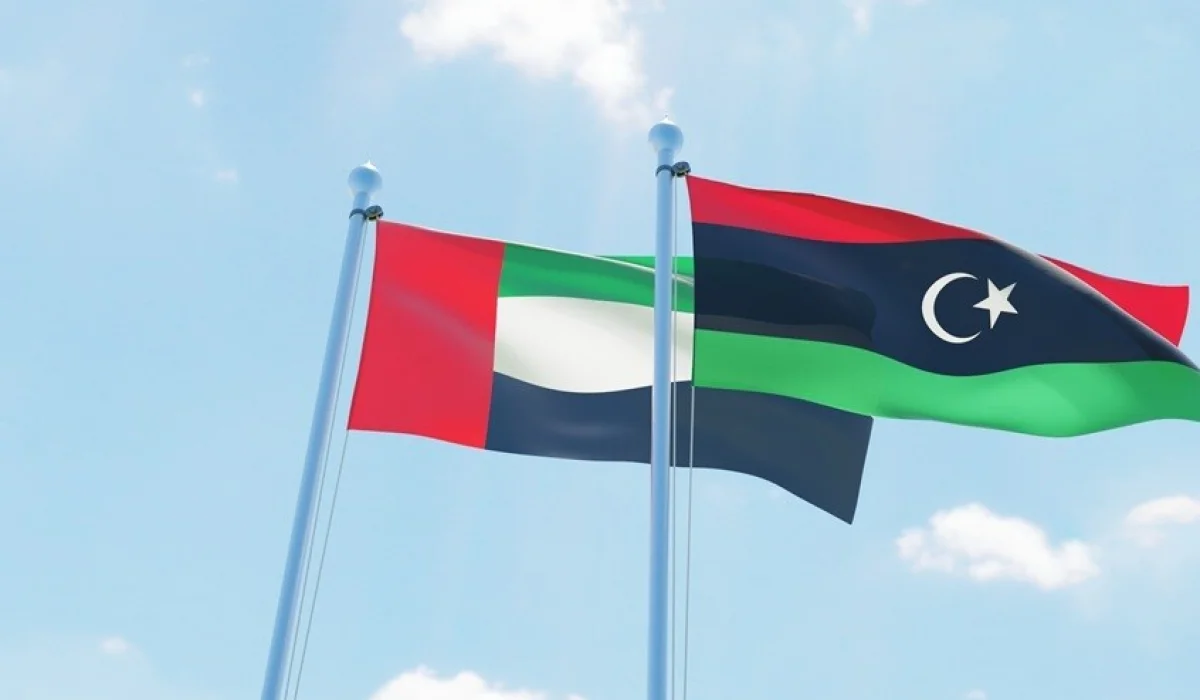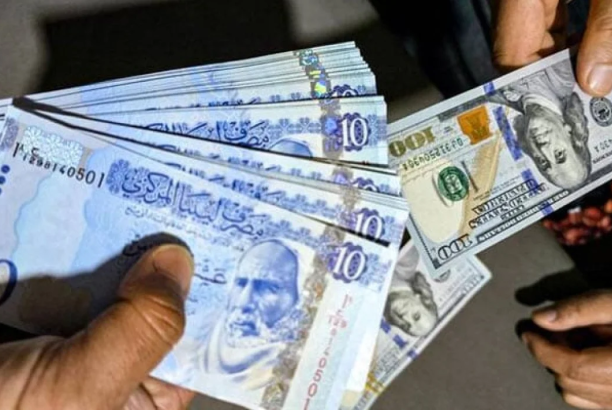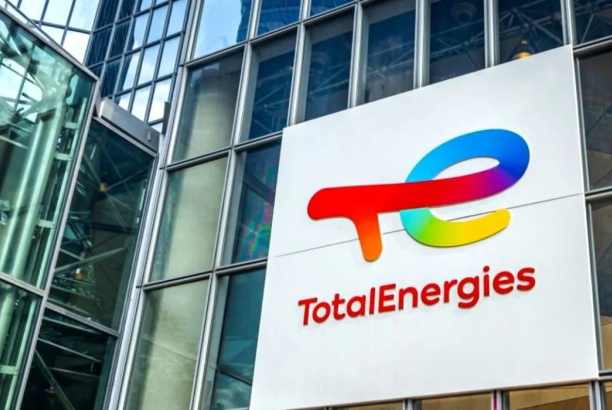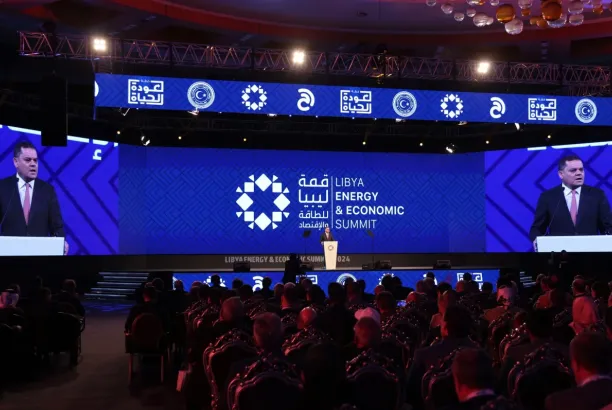
| Reports
Al-Hurra Network Reveals the Meteoric Rise of Arkenu Oil Company and the UAE’s Role in Its Founding… Here Are the Details
On Thursday, MBN’s Al-Hurra published a report stating that in a small side street in Benghazi, among concrete buildings, the story of a mysterious company called Arkenu began. Within just months of its founding in 2023, this unknown startup transformed into a giant, winning multimillion-dollar contracts, exporting crude oil to global markets, and challenging the Libyan state’s monopoly over oil.
According to the network, Arkenu’s meteoric rise did not go unnoticed. Both local and international media dug into its origins, uncovering links to foreign actors, unusual privileges granted in record time, and ties to powerful Libyan families. Questions escalated after the Presidential Council announced the formation of a committee to review energy contracts—bringing Arkno back into the spotlight.
From Benghazi to London
The report noted that on its website, Arkno describes itself as a “leading Libyan company developing innovative and secure energy solutions to support the local economy.” The company showcases glossy images of drilling platforms and expansion maps. But what drew attention was not its branding—it was how fast Arkno moved from obscurity in 2023 to competing with the Libyan National Oil Corporation (NOC), which had monopolized oil production and exports for decades.
By 2024, Arkno had opened a branch in London. Its founders and executives include individuals of multiple nationalities—British, Dominican, and Libyan.
Contracts and Haftar
Alhurra reported that when Arkno was established in early 2023, it had the backing of the Government of National Unity (GNU) in Tripoli. Within months, it was granted lucrative development contracts for major oil fields in partnership with the Libyan NOC and the Swiss-based Pars Holding.
According to the United Nations, Arkno is under the “direct control” of Saddam Haftar.
“The Triangle Deal and the UAE’s Role”
In 2022, the UAE put forward what insiders called “the Triangle Deal.” With oil revenues fueling rivalry between Prime Minister Dbeibah in Tripoli and the Haftar family in Benghazi, Abu Dhabi proposed an alternative: the creation of a new company to split profits between both sides. That company was Arkno.
Economic and political analyst Boisseer told Alhurra:
“This decision was framed as encouragement for the private sector, but there was no bidding, no competition. It was a political settlement disguised as a business deal.”
Former adviser to the UAE State Council Ashraf Al-Shah explained:
“We wanted two things: to secure oil revenues for both competing Libyan sides and to guarantee a direct Emirati foothold in Libya’s oil sector. The barter system was the tool—exchanging Libyan oil for Emirati fuel. By 2023, four UAE-based companies controlled these barter operations.”
The Emirati companies mentioned did not respond to Alhurra’s emailed requests for comment.
Millions of Barrels and Shadowy Accounts
Between May and September 2024, Arkno exported six million barrels of crude oil worth $460 million, according to the UN.
Reuters reported that Arkno’s shipments reached ExxonMobil through intermediaries, while China’s state-owned oil trader Unipec purchased at least two cargoes bound for Britain and Italy. Yet, the money trail remains unclear: shipping documents indicated payments were routed to accounts at Emirates NBD in Dubai and a Swiss bank in Geneva. Neither bank confirmed nor denied the transactions.
Why, if Arkno is licensed, don’t global companies contract directly with it? Why are deals conducted through spot contracts and middlemen? The questions remain unanswered.
A Culture of Corruption
The network added that networks of vested interests stretch from government to the judiciary, where corruption and theft have become normalized. Breaking these entrenched systems would require massive efforts—possibly even force.
For now, Arkno remains a symbol of a divided Libyan state: a company born out of a political deal, selling millions of barrels of oil abroad, while Libyans at home still wait for the promise of oil revenues to benefit their country.





